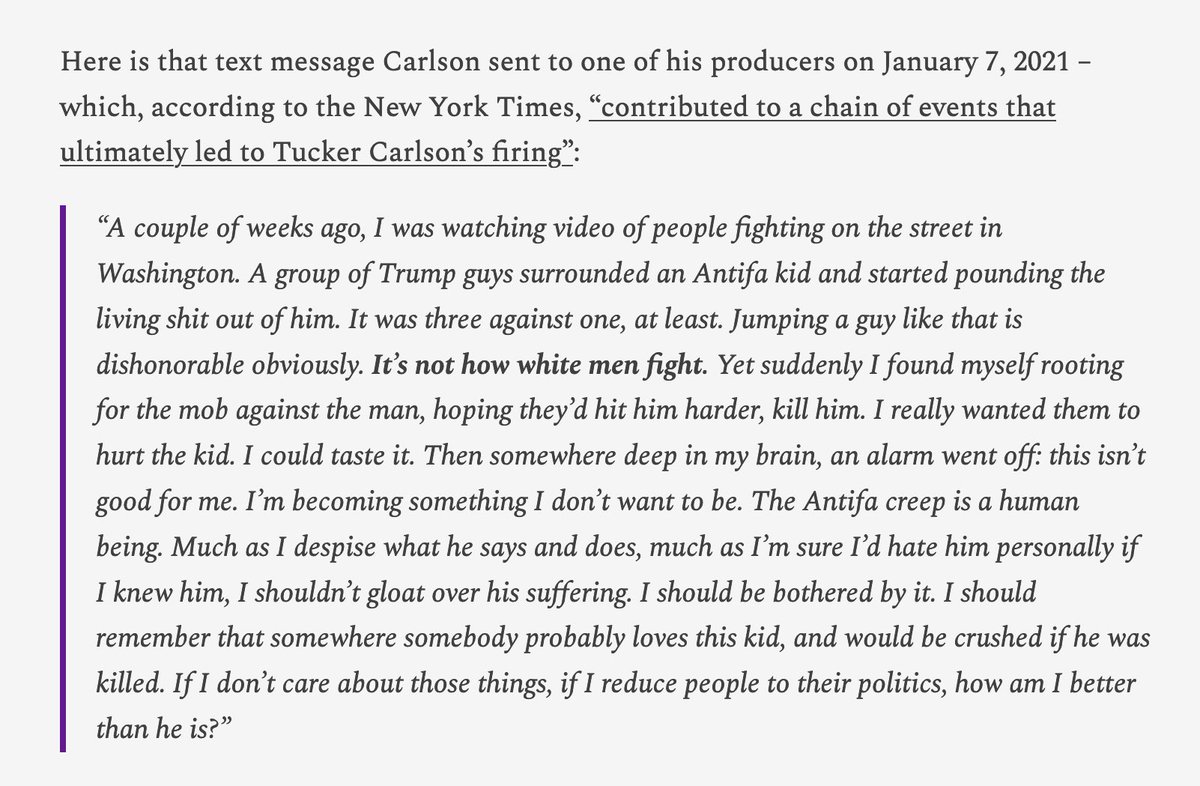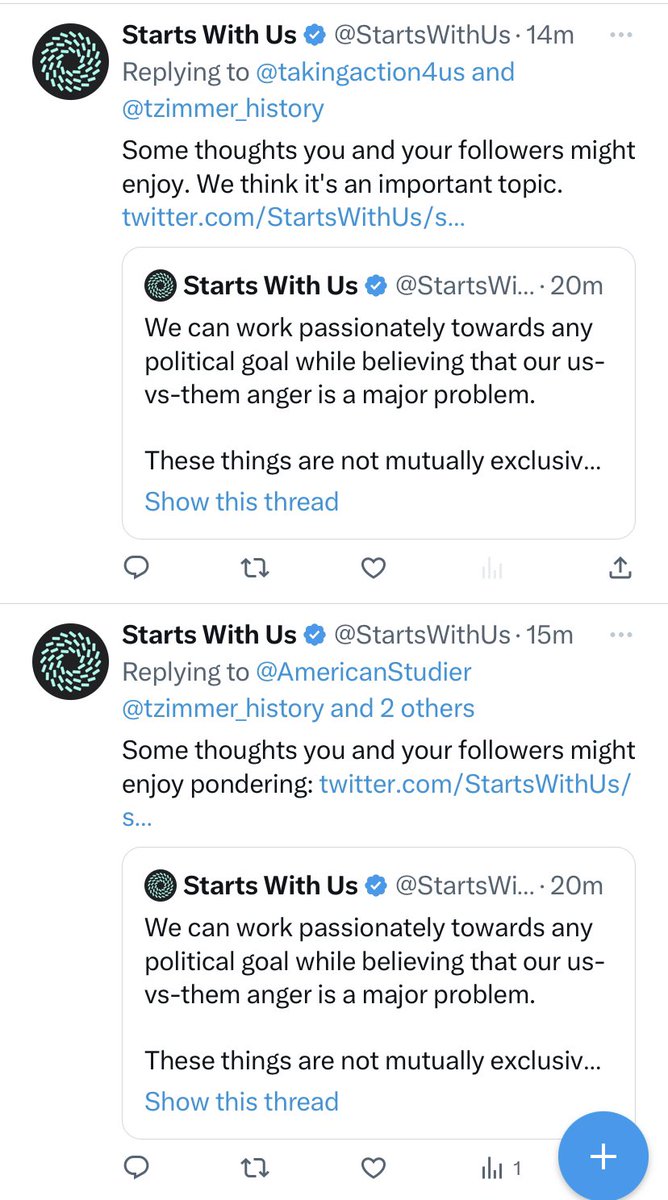ICYMI: On “cancel culture”
How a moral panic is capturing America and the world.
New episode of “Is This Democracy” - with @adriandaub podcasts.apple.com/us/podcast/is-…
How a moral panic is capturing America and the world.
New episode of “Is This Democracy” - with @adriandaub podcasts.apple.com/us/podcast/is-…

We dissect the genealogy of the “cancel culture” idea in the U.S. and then turn our attention to Germany as a case study of how the moral panic has spread internationally. Across the “West,” the moral panic is, to a significant degree, a creation of the “respectable” center.
This is by far the longest episode we have ever released. And I promise it’s the deepest dive into the #CancelCulture discourse you could possibly hope for.
A thread outlining some of the key questions we discuss:
A thread outlining some of the key questions we discuss:
https://twitter.com/tzimmer_history/status/1655922453921640450
We don’t spend much time on debunking the idea that there is a widespread “cancel culture,” as it’s already been debunked so convincingly. See my attempt at providing an overview, with links to the foundational work by @RottenInDenmark and @adriandaub: thomaszimmer.substack.com/p/on-cancel-cu… 

Our argument is *not* that no one has ever had to face unfair consequences for what they said publicly – but that the evidence for a worsening national emergency caused by “wokeism” running amok, which is the core of the “cancel culture” claim, is simply not there.
We therefore shift the focus to investigating how we can explain and interpret the rise and omnipresence of the “cancel culture” narrative, and why so many people are fully committed to it, empirics be damned, at this exact moment - not just in the U.S., but across the “West”?
• • •
Missing some Tweet in this thread? You can try to
force a refresh

 Read on Twitter
Read on Twitter











